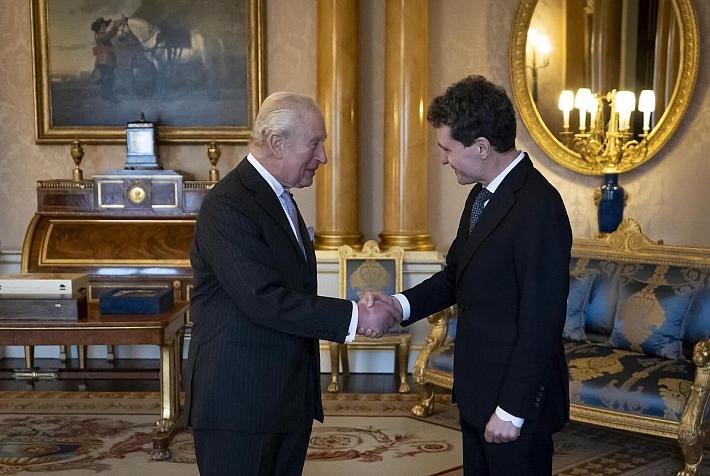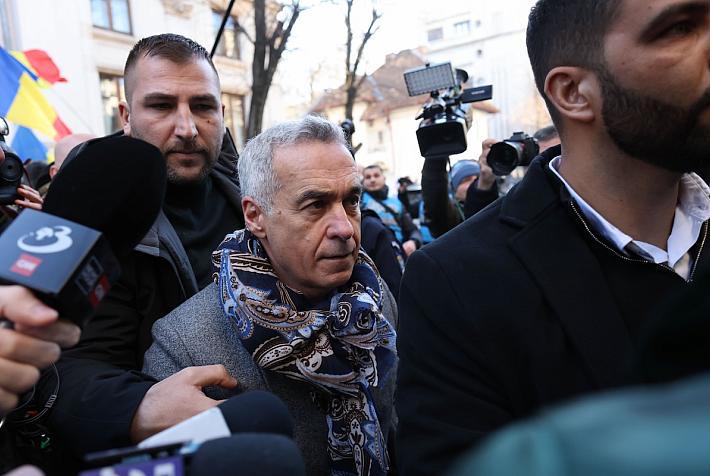Romanian lender BCR back to profitability in 2013, helps parent bank Erste post profit

Romania's lender BCR Group posted a net profit of EUR 133.8 million in 2013, after posting a loss of EUR 277 million the year before, on the back of good operating result offsetting still elevated risk cost, it announced.
The net charge of risk provisions for loans in 2013 went down by 41.2 percent to EUR 482.6 million, in line with the bank's expectations, due to lower non-performing loan NLP inflows. “NPL ratio of the total loan portfolio at 29.2 percent as of 31 December 2013 remained stable versus previous quarters, on the back of efficient recovery efforts, as well as sell-offs and in spite of contraction of the loan book,” according to the bank.
Despite an 8.9 percent decline in assets, BCR, owned by Austria's Erste, kept its first spot assets wise within the Romanian banking system, with EUR 14.9 billion in assets at end 2013.
“We achieved a challenging job in 2013 returning to breakeven after one-off items and, most importantly, dealing with bold decisions, regarding costs, organization and strategy, aimed at consolidating the fundamentals of BCR as the leading bank in Romania,” said Tomas Spurny, CEO of BCR.
The bank's main priority in 2014 is healthy business growth, with a special focus on becoming more efficient and customer-centred. “We continue to face significant challenges ahead of us, not least resolving the non-performing loans stock amidst promising economic growth delaying to translate yet into more solid loan demand,” said Tomas Spurny, CEO of BCR.
BCR's loans before provisions decreased by 12.2 percent in 2013, to some EUR 10.4 billion, as new lending was impacted by weak demand, only partially offsetting redemptions and loan book contraction. Meanwhile, deposits slightly decreased by 1 percent in 2013, to some EUR 8.3 billion. “Customer deposits remain BCR’s main funding source, while the bank enjoys strong support from its parent bank, at the same time benefiting from diversified funding sources and agreements with other International Financial Institutions,” the bank said in a statement.
Meanwhile, parent company Erste Group posted a net profit of just EUR 61 million in 2013, while its total assets were of EUR 199 billion at end 2013.
“In 2013, the economic development of Central and Eastern Europe exceeded the expectations of many skeptics. While this had a positive impact on Erste Group’s risk costs, especially in Romania, it did not translate into a noticeable recovery of loan demand,” said Andreas Treichl, CEO of Erste Group Bank AG.
He went on: “The net profit of EUR 61 million should be seen against the backdrop of the significant increase in taxes on income versus the previous year as well as adverse extraordinary impacts – banking and transaction taxes in Austria, Hungary and Slovakia, goodwill write-downs and costs for the Ukraine exit – totaling almost EUR 770 million,” Treichl continued.
“After a successful capital increase, in 2013, we were the first Austrian bank to repay the entire participation capital that had been provided by the Austrian government and private investors, and closed the year with a solid capital buffer. We will therefore propose to the annual general meeting to pay a dividend of EUR 0.2 per share,” Treichl concluded.
editor@romania-insider.com












